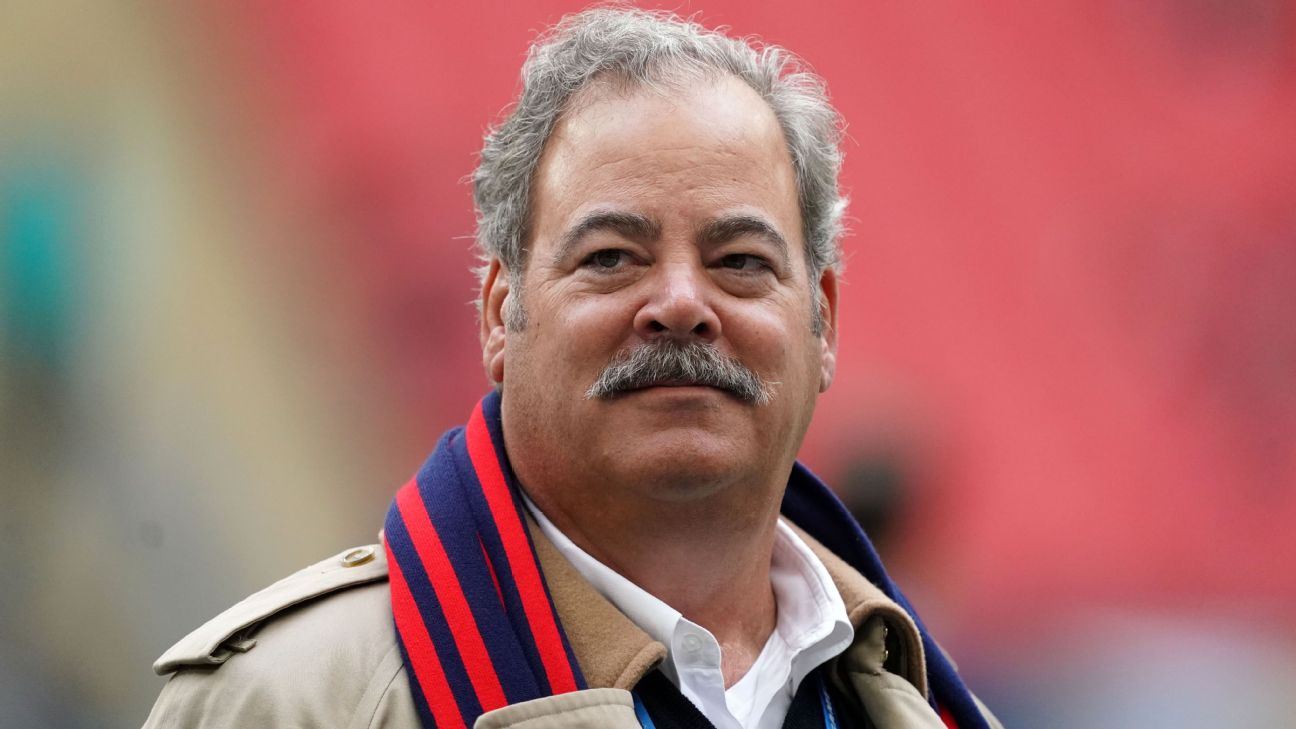Texans Owner Cal McNair Says Team Open to Moving Away from NRG Area — But Commits to Staying in Greater Houston
As the Houston Texans continue their rebuild on the field, a major development off the field could reshape the franchise’s future. Owner Cal McNair has confirmed that the team is exploring the possibility of moving away from NRG Stadium — though they remain firmly committed to staying within the Greater Houston area.
A New Era for the Texans — And Possibly a New Home
In a candid interview with local media this week, Houston Texans owner Cal McNair revealed that the team is “open to exploring options” for a new stadium outside the current NRG Park location. While the statement stopped short of confirming a move, it has sparked serious discussion about the future of the franchise’s physical home.
“We love Houston. This is our city. But we’re also thinking long-term about what’s best for our fans, our players, and the overall game-day experience,” McNair said. “That may mean staying at NRG and renovating — or it could mean finding a new site within Greater Houston.”
McNair emphasized that any potential move would not take the Texans outside of the Houston metro area. “We’re not leaving Houston. That’s out of the question,” he stated firmly.

Why Now? Stadium Age and Fan Experience Are Driving Factors
NRG Stadium, originally opened in 2002, was the first NFL venue with a retractable roof and has been home to the Texans for over two decades. While still considered a modern facility by some standards, many newer stadiums — such as SoFi Stadium in Los Angeles or Allegiant Stadium in Las Vegas — have raised the bar for amenities, technology, and fan engagement.
“There’s been incredible innovation in stadium design over the last 10 years,” McNair noted. “We’re evaluating how we can bring that kind of world-class experience to our fans here in Houston.”
Insiders suggest that factors such as more efficient parking, better public transit access, expanded entertainment zones, and year-round usability are all being considered as part of the Texans’ long-term venue strategy.
Potential Locations Under Consideration
While McNair did not name specific sites, sources close to the organization say several areas within the Greater Houston region are being quietly evaluated. Possibilities include:
-
The Woodlands: An affluent northern suburb with expanding infrastructure and proximity to corporate sponsors.
-
Katy: A rapidly growing western suburb with ample space and highway access.
-
Pearland or Sugar Land: Southern suburbs with increasing economic investment and available land for large-scale development.
Any move would require cooperation from city and county governments, as well as potential public-private partnerships to fund stadium construction — a topic that could prove politically sensitive.

The Business Angle: Economic Impact and Team Branding
Relocating within the region could have significant business implications for the Texans. A new stadium could:
-
Boost revenue through naming rights, luxury suites, and state-of-the-art fan experiences.
-
Attract major events like the Super Bowl, College Football Playoff, concerts, and international soccer matches.
-
Revitalize branding by signaling a new chapter for a team that’s finally emerging from years of rebuilding.
“Houston is a Tier 1 city, and we want to be a Tier 1 franchise — on and off the field,” McNair said. “That includes our stadium.”
Public Reaction: Mixed, But Curious
Texans fans have taken to social media with mixed reactions. While many are excited at the prospect of a more advanced, fan-friendly facility, others express concern about longer commutes and the legacy of NRG Stadium.
“It’s where we watched Andre Johnson, J.J. Watt, and now C.J. Stroud. It’s home,” wrote one fan on Reddit. “But I get that things evolve. Just don’t leave Houston.”
What Comes Next?
McNair clarified that the Texans are still in the “early exploratory phase” and that no final decision has been made. A formal feasibility study and fan feedback process are expected to begin later this year.
“We want the people of Houston involved in this process. After all, it’s your team too,” McNair concluded.






